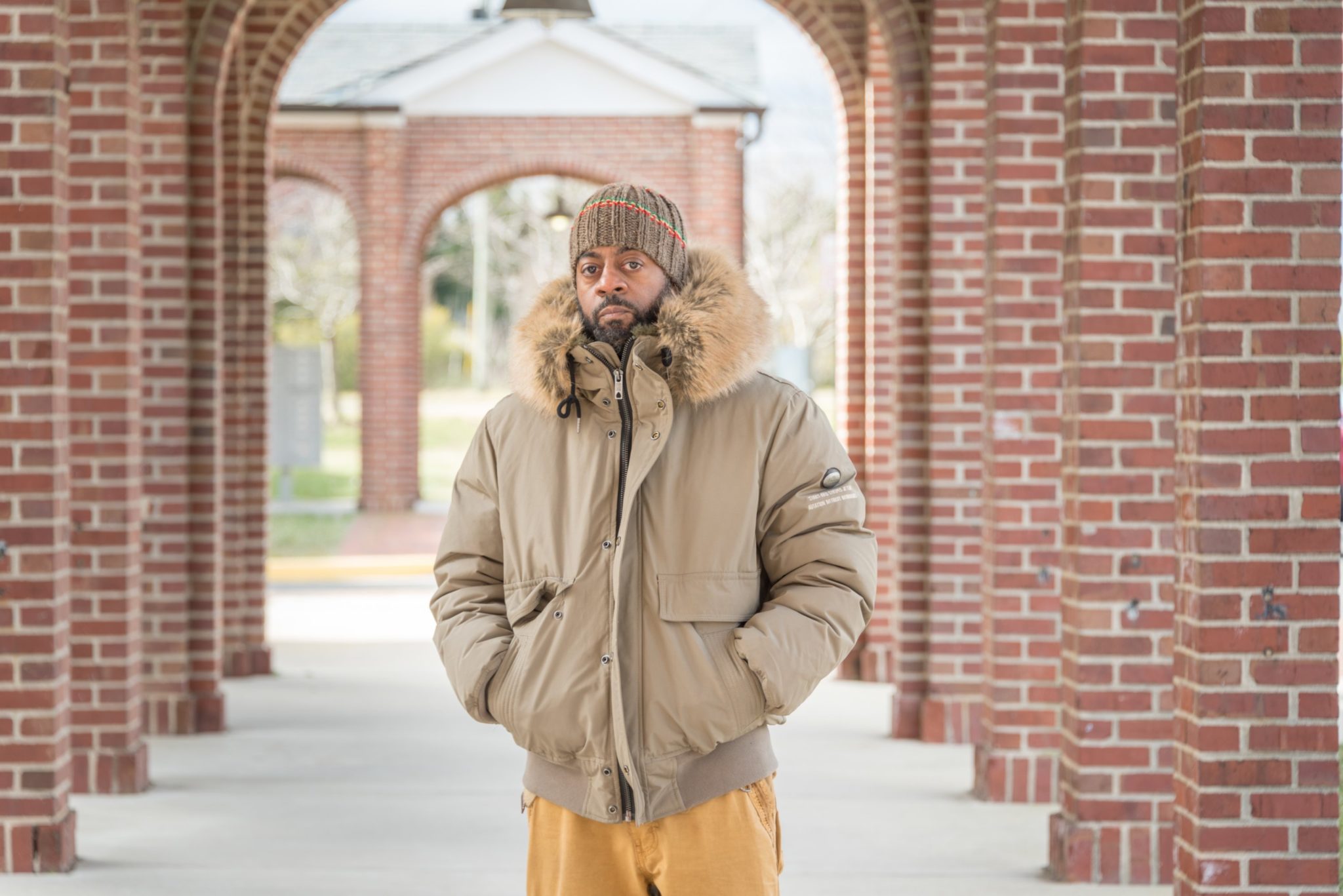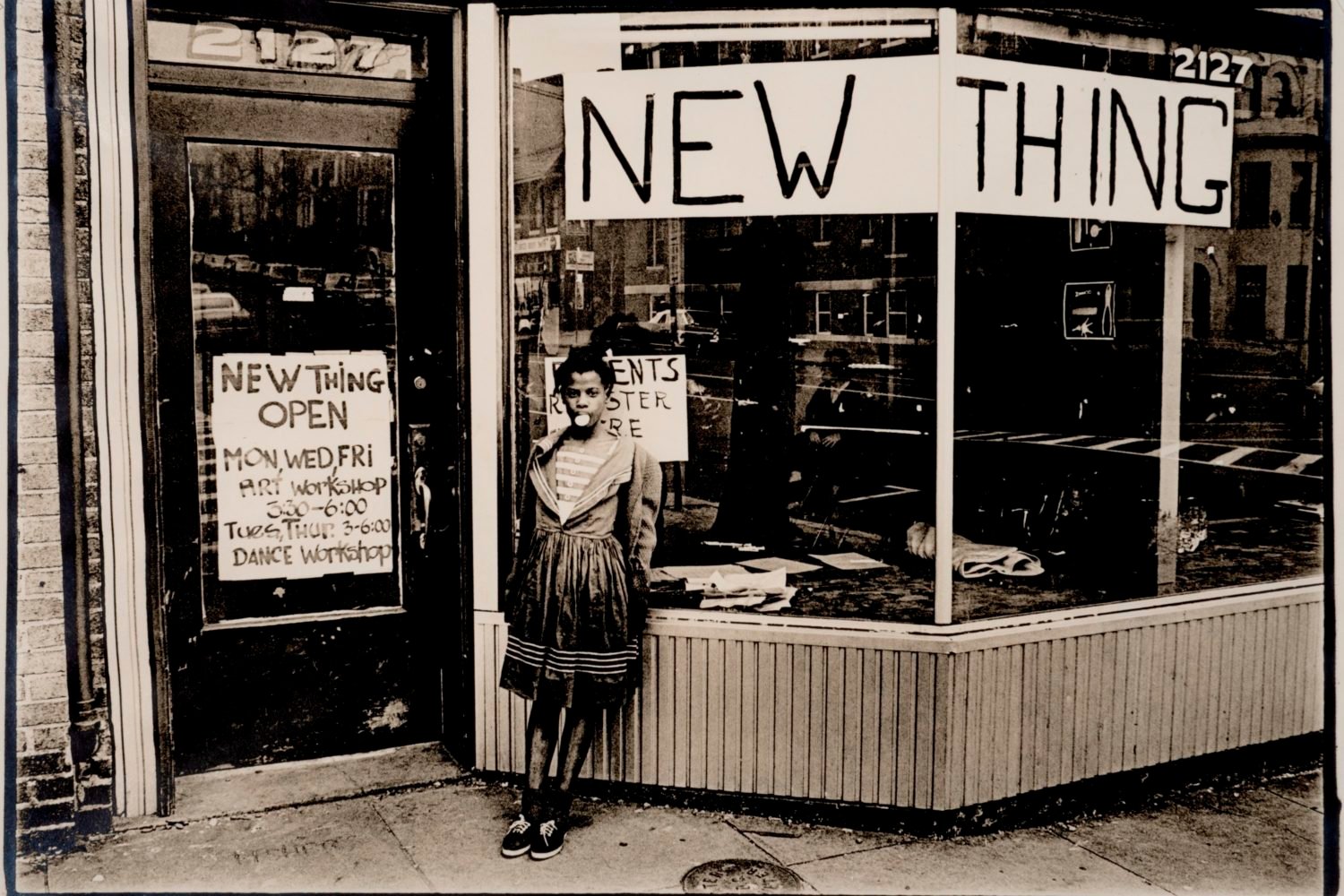DC’s Lorton Reformatory complex closed in 2001 and is now an upscale housing and shopping development as well as an arts center and a museum of suffrage. Karim Mowatt doesn’t want its history as a notorious lockup to be forgotten, though, and his new documentary, Lorton: Prison of Terror, uses firsthand accounts of life inside to illustrate its long and often dark history.
Mowatt knows life at Lorton intimately—he spent much of the ’90s incarcerated there on drug charges. He’s been working on Prison of Terror for a few years now and decided to break it into multiple parts. The first, which he’ll show April 3, looks back at its history, which goes back more than a century and included increasing violence and corruption as time passed.
He interviewed former inmates, corrections officers, and families of people who were imprisoned there to give as complete a picture as possible of life then and now, including the former dormitories that are now classy, if possibly haunted, apartments. (People who live in them told him stuff is “always falling off the tables,” he says.) Eyone Williams, whose novel Lorton Legends was a favorite of Lorton residents, is a co-producer, as is the author and former DC “Teflon suspect” Sean Branch.
Right now there’s no way to stream the film–Mowatt says he’s still looking for the right platform to partner with. He’s held several screenings that have all sold out. Younger people with family connections to Lorton have been especially interested, he says: “They actually came and saw the film so they could have a peek at what their parents went through,” he says.
The documentary also shares some of the prison’s less lurid and often surprising history, like its boxing program and concerts there by Frank Sinatra, Count Basie, Ella Fitzgerald, and Chuck Brown. Mowatt has acquired footage of a traveling theater program organized by inmates in the ’70s that will be part of the documentary’s next installment. The stories from Lorton “could go on forever because you had eight prisons,” he says. “There are hundreds of stories in each one.”
Lorton: Prison of Terror shows Sunday, April 3, at 2 PM at the Alamo Drafthouse, 630 Rhode Island Avenue, Northeast. A Q&A follows the screening. Tickets are $28.




















